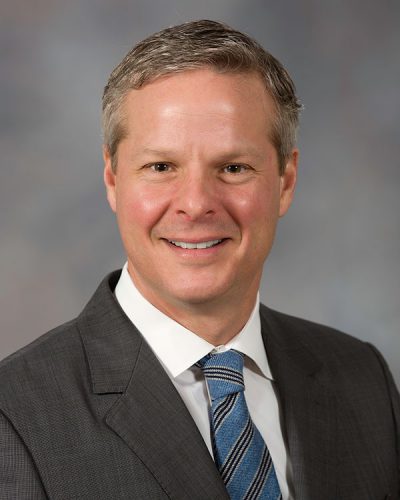President’s Message
By David Elkin, Ph.D., ABPP

Last week, I had the opportunity to conduct an initial evaluation on a new patient here in our clinic, the Center for Advancement of Youth (CAY), a comprehensive, fully-integrated pediatric behavioral health facility at the University of Mississippi Medical Center. I was accompanied, as I always am on Thursdays, by my colleague Dr. Barbara Saunders, a developmental-behavioral pediatrician. The patient in question had been scheduled about five weeks earlier, only this day the situation was poignant. Her father had been detained in the ICE raids that were recently conducted in Mississippi, the largest in terms of scale yet to occur in our nation. Her father had been taking her to her educational facility when he was stopped. She and her sister had to sit in the car for three hours while the agents decided what to do with her father. Mind you, this was August in Mississippi, and the temperatures were soaring. When she was brought into our clinic by her mother last week, we all cried together.
I believe I am not crossing bounds when I say that the Society of Pediatric Psychology is committed to helping all children and adolescents become the best they can be. We are dedicated to ensuring that children with a variety of behavioral, emotional, and developmental issues get the best clinical care, and we believe that the best clinical care is driven by research.
At the recent annual meeting of the American Psychological Association, the Council of Representatives adopted a statement on immigration policy. You may not be aware of that statement, but you can access it here. Regardless of where you may fall on the political spectrum, I believe that all of us as pediatric psychologists share a common concern for the well-being of children. And, we are committed to ameliorating adverse childhood experiences that lead to behavioral, emotional, and developmental conditions. Pediatric psychology ranges across so many more areas than medical conditions. We are concerned with deep poverty, gun violence, and access to care. I would like to take this opportunity to encourage you all to see yourselves as clinicians and clinical researchers who tackle the tough issues by advocating for those most vulnerable in society: children. Join me in pursuing the translation of research into excellent clinical care and policy improvement for these children, no matter who they are.
